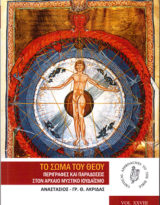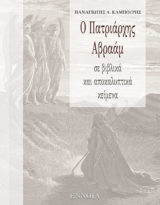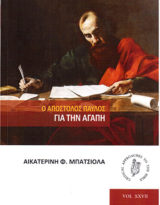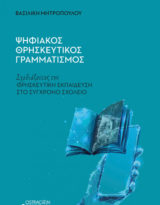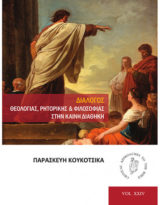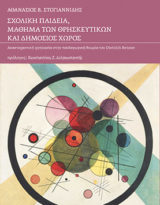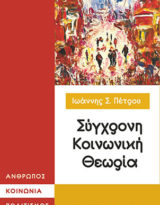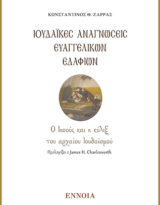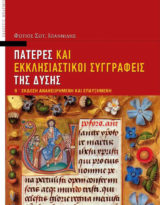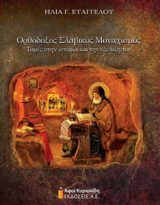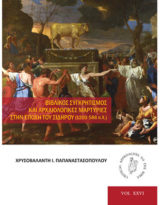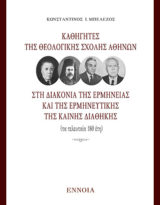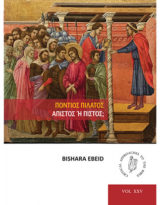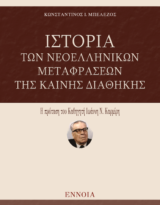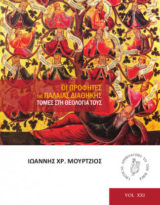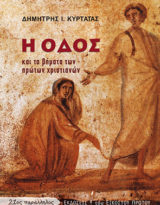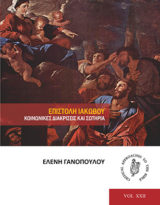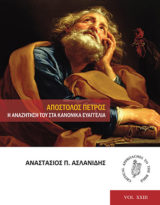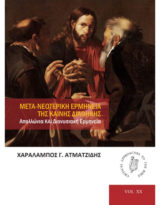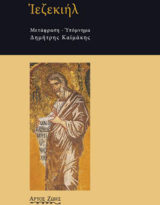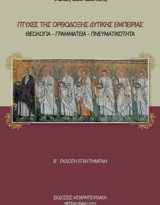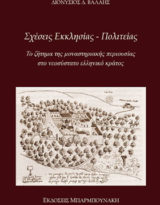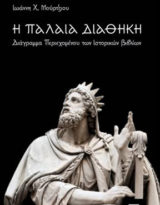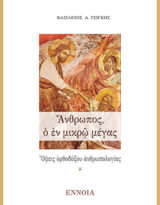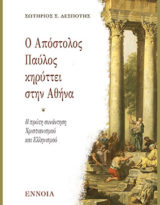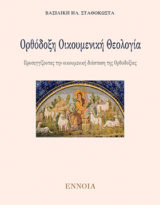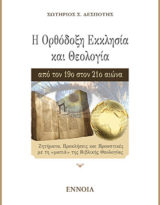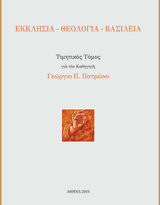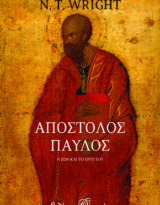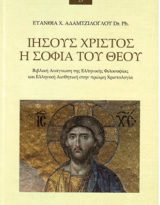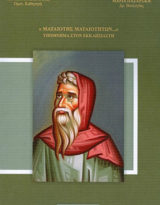Περίληψη της εισήγησης του Καθηγητή στο Διεθνές Συνέδριο με θέμα: «Ο Αμβρόσιος Μεδιολάνων στη χριστιανική γραμματεία και θεολογία»
Ambrose entrusts his political-theological legacy to the discourse for the death of Theodosius in February 395. Modern scholarship sees in this text the ideological portrait of the Christian Emperor as painted by Ambrose and stresses the close ties between him and the deceased Emperor, which allow Ambrose to reappraise in ideological terms the historical role played by Theodosius beyond the vicissitudes that had marked their relationship. Throughout the first part, Ambrose’s speech revolves around the traditional virtues of the good ruler, reinterpreted in a Christian perspective; they must characterize the devout king; of course, faith is the first among them, but Ambrose describes it skillfully interweaving the new religious significance of the term and its Roman traditional meaning, which considers first of all fides as the bond between soldiers and commander (imperator), passing seamlessly from Theodosius to his heirs. Only at the end of the discourse, we can find the decisive point which help us understand Ambrose’s complex argument; it starts from the legendary narrative of the finding of the relics of Holy Cross by Helen, Constantine’s mother, and her decision to insert two of Christ’s nails in the Emperor’s crown and in his horse bit. Since Plato, the latter represents the brake of justice which must contain the sovereign within the limits of the legitimate exercise of power. Speaking of the nail placed in the crown upon the head of the Emperor, Ambrose breaks up any political theology: “Wisely did Helena act who placed the cross on the head of sovereigns, that the Cross of Christ might be adored among kings. That was not presumption, but piety, since honour was given to our holy redemption” (48). In Ambrose’ view, The tribute encoded by the Byzantine ceremonial practice is not due to the emperor as such, but to the symbol par excellence of the redeeming action of Christ; the king himself is submitted to it not only metaphorically, given the location of the nail; it is clear that the form and reasons for such a tribute can be justified only in relation to a sovereign who accepts to take on the head a similar crown and seeks to comply with the obligations which are implied in it, by means of the practice of the virtues, as Theodosius did. In his words, Ambrose does not exalt a Christian king as in the case of Constantine penned by Eusebius, but he exalts a Christian become sovereign, Theodosius, or a sovereign became Christian, Constantine; it ‘s very significant that Ambrose attributes to Elena, a woman, the decisive inspiration of the Holy Spirit. “The Spirit taught her what as a woman she did not know and led her upon a way which no mortal could know… Mary was visited to liberate Eve; Helena was visited that emperors might be redeemed” (47). Redeemed, as all the faithful, not elected to a peculiar theological role.
A full examination of Ambrose’s political theology would need a much larger space than is here possible. I hope to have at least clarified that Ambrose’ political considerations stem from a strong theological perspective, deeply rooted in the Alexandrian anthropological conception according to which every man is created kat’eikona of God; for this reason, Ambrose opposes any attempt to assign to the rulers, both Emperors or bishops, a status of special images or representatives of God. On the footsteps of Origen, he can separate with a neat boundary the domain of the earthly politics from the domain of spiritual affairs; in this way, he can also reaffirm the original equality of mankind, at least within the church, where all the human differences are erased and also the Emperor can not vindicate a special place: not above the church, but within it. Of course, Ambrose was not only a fine theologian, but also a skilled politician and well trained in courtly affairs during his service as public servant in Sirmio; and he displayed his capabilities and his leadership in defending the position the church had reached by pacific means after a long period of repression and persecution; but in no way he subordinated his deeply theological beliefs to political opportunities, at the risk of his life then and of misunderstanding by historians today.



